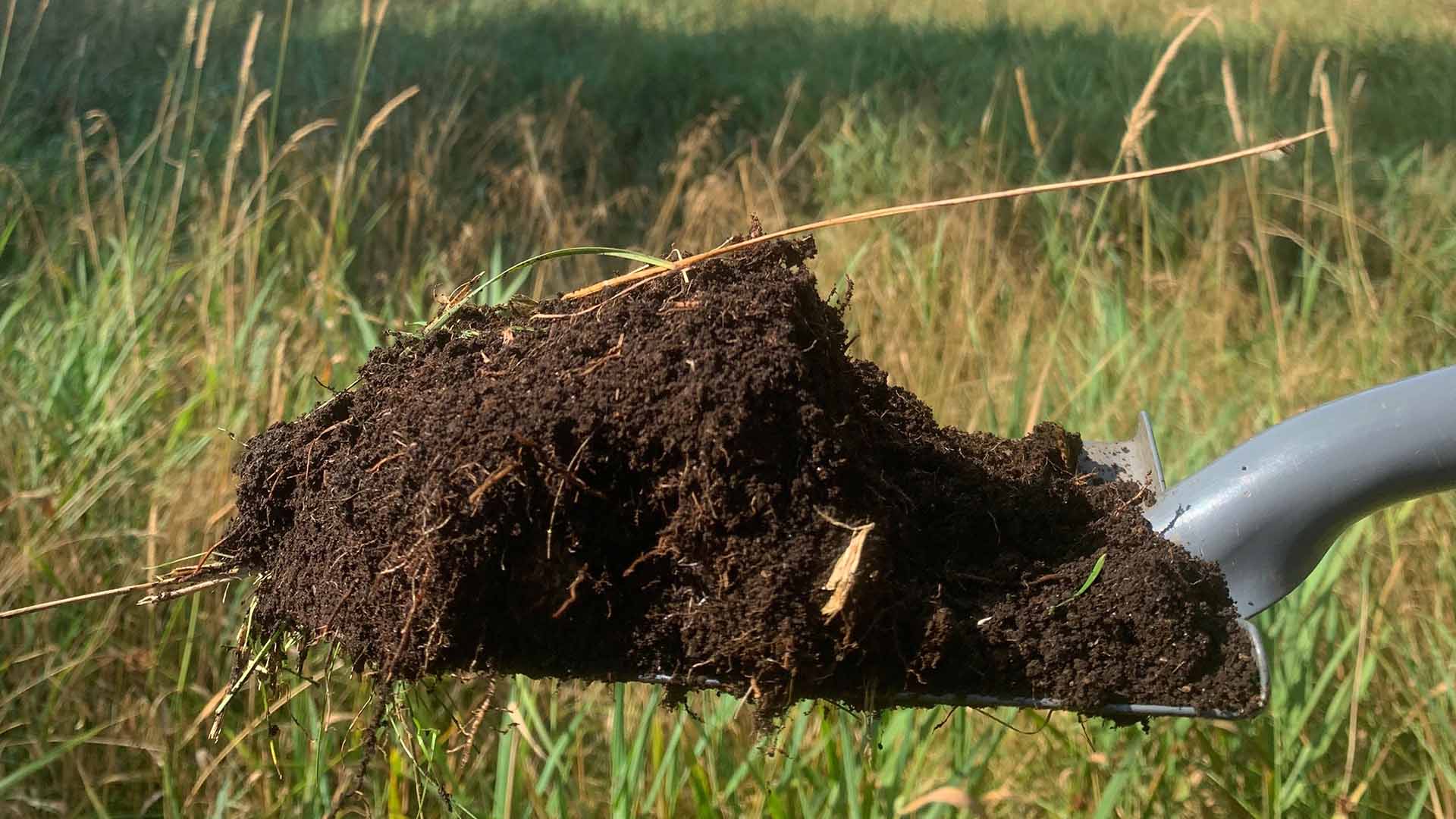Image of misery in South Africa moderated
Eastern Cape Province in South Africa is often described as a problem area, with severe poverty and extensive environmental damage. This is an image that needs to be qualified, according to a new dissertation at Linköping University in Sweden.
Eastern Cape Province in South Africa is often described as a problem area, with severe poverty and extensive environmental damage. This is an image that needs to be qualified, according to a new dissertation at Linköping University in Sweden.
During apartheid, Transkei, present-day Eastern Cape Province, was a so-called homeland in South Africa, a sort of reservation where portions of the black population were forced to move to. The image of the province is still predominantly that of a problem area, both environmentally and socially speaking. This was also the image that Flora Hajdu had with her when she started her field studies there. As a doctoral candidate at Theme Water, she planned to study the environmental problems created by the presumed overexploitation of the natural resources there.
For a period of three years, with the aid of local assistants, she performed several rounds of interviews with individuals from all households in two villages in the coastal region of Pondoland in the Eastern Cape. The picture she conveys is considerably brighter than our conventional image. The people make their living largely in local occupations, often in the informal sector, and she has not been able to confirm any general environmental damage.
The conventional picture says that people here most often find their livelihood from small farms, animal husbandry, or fishing. In fact, these sectors contribute only a tiny percentage of household income. Instead, people work on tea plantations, in nature preserves, as teachers, or with tourism, commerce, handicrafts, or transport. The informal sector is also severely underestimated as a source of income, according to Flora Hajdu.
There is a great gap between the national and local levels, she points out. A series of concrete examples show how lack of knowledge about local conditions is leading to an ineffective policy. While programs for combating poverty often involve the creation of temporary work, the people themselves identify entirely different needs, such as the fact that good roads would dramatically increase their capacity to create their own jobs.
Flora Hajdu also highlights an idea that is being discussed more and more: simply giving poor people money that they can use as they see fit, rather than investing in expensive and perhaps ineffective programs. This is also a hot topic in South Africa: How can the country afford to provide all its citizens with a sum corresponding to USD 20 per month, without requiring something in return?
Flora Hajdu is cautious about overgeneralizing and is reluctant to do so from her own findings.
“The general conclusion is that those in power must learn about the concrete conditions at the local level before they decide what should be done,” she says.
Kontaktinformation
Flora Hajdu will defend her thesis on September 22. The dissertation is titled Local Worlds: Rural Livelihood Strategies in Eastern Cape, South Africa. Flora Hajdu can be reached at phone: +46 18-471 7387; cell phone: +46 736-735576; or e-mail: floha@tema.liu.se.




